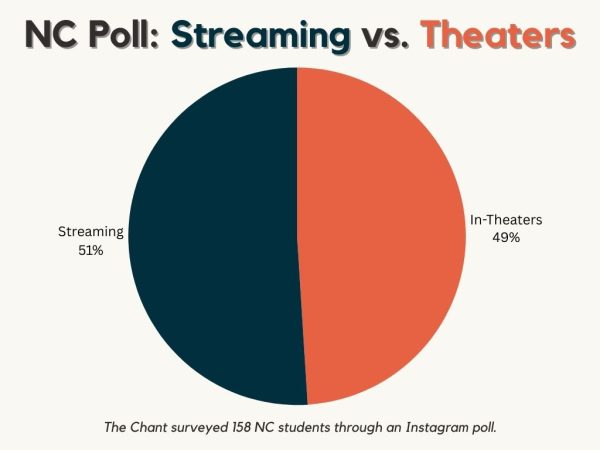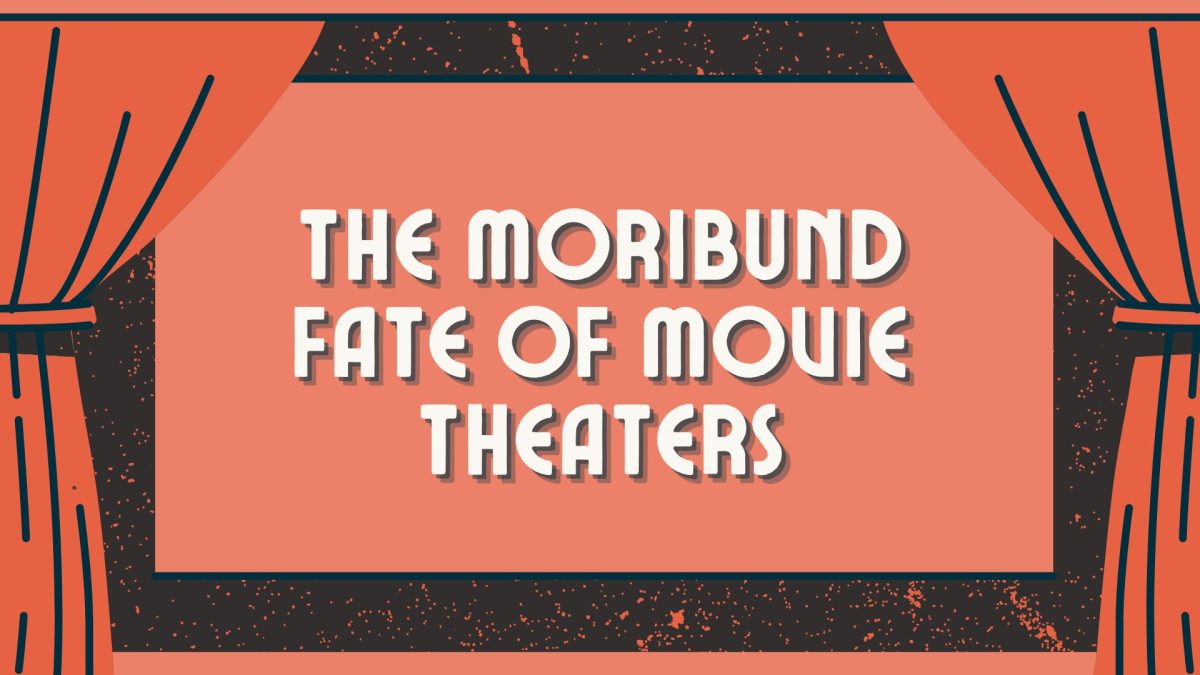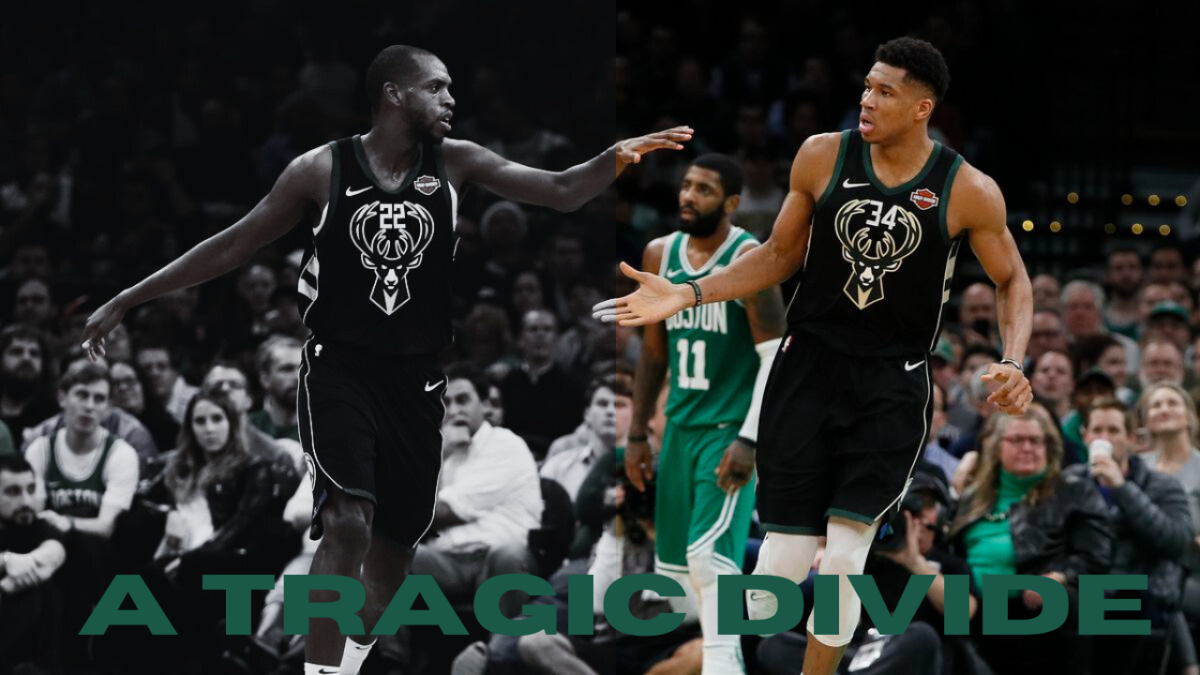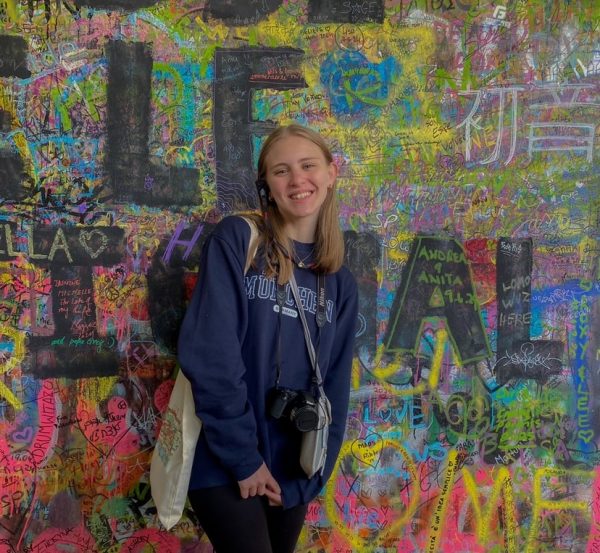After the rise of COVID-19, popular everyday activities changed to accommodate governmental mandates such as social distancing and crowd limits. One activity in particular—attending the movie theater—drastically declined in light of the pandemic, leaving numerous theaters without business. Even after the effects of COVID-19, movie theaters have lost their appeal and no longer serve society due to the increased popularity of other forms of streaming.
Various movie attendees argue that movie theaters remain useful, but the attendance rates prove otherwise: around 49% of pre-pandemic movie watchers stopped buying theater tickets. This statistic mirrors the poll given to NC students, in which 51% of respondents would rather watch a movie through a streaming platform. One underlying cause constitutes peoples’ desires to stay home—such as elderly populations that cannot travel as easily. The busyness of the theater and the strain of driving results in an unpleasant time instead of an enjoyable night out. Also, low attendance causes obstacles such as low profit that prevent theaters from updating infrastructure or creating appealing and interactive experiences for customers.

During the COVID-19 lockdown, when citizens could not attend movie theaters, people turned to another source of entertainment: streaming apps. Platforms such as Netflix and Disney+ eased the burden of accessing movies and allowed users to rewatch their favorite films. Though, on average, consumers spend around $48 per month on streaming services, this cost benefits movie watchers in the long run. In comparison to the mean $9.57 cost of a theater ticket that does not include buying snacks or drinks, a streaming membership provides a plethora of advantages.
The price comparison stands as only one aspect of the success of streaming apps: citizens can also find proof of subscription rates. During 2020, streaming subscriptions increased by about 50% as a majority of the country stayed home. This reflects the percentage of those who preferred to watch a movie at home during the time of COVID-19. Before the pandemic, only 30% of people preferred to watch a movie on streaming apps while 53% would rather watch a film in theaters—the remaining 17% not holding an opinion. These percentages switched during the time of COVID-19 in which 50% of people preferred streaming apps, and only 14% strongly preferred watching a movie at the theater, while the rest of the population either “somewhat preferred” movie theaters or did not prefer either. Though the lockdown remains history, streaming apps continue to outshine the once-adored cinema.
“I prefer watching movies on streaming because I find movie theaters to be very expensive and uncomfortable. When I’m at home watching a movie, I can make myself as comfortable as possible, I can pause the movie whenever I want and I don’t have to worry about being noisy or loud,” senior Brian Corry said.
Due to the achievement of these apps, companies have altered their release strategies. Numerous Disney movies, such as “Raya and the Last Dragon” or the live-action “Mulan” broadcasted directly onto Disney+ premium access while simultaneously premiering in theaters. Through this plan, audiences could watch these films at home at the same time as they could at the movies, further displaying the obsolescence of theater establishments.
Overall, COVID-19 has caused a cycle that will result in the theater’s downturn. Streaming apps, the expense of tickets and the contemptible effort of leaving the house resulted in a severe profit loss that theaters may not recover from. With these hindrances in mind, movie-watchers can clearly see the downfall of the theaters and the now-impractical services these businesses provide to the public.
“Once Covid hit I definitely feel like that made people a lot more hesitant and also lazy to go [to theaters]. One, because they didn’t want to get sick but also two, a lot of movies at that point were able to stream at home. I think people had the mindset of ‘Well since I can stay home in my pajamas and watch the movie, why would I go to the theaters?’” senior Avery Gensheimer said.











